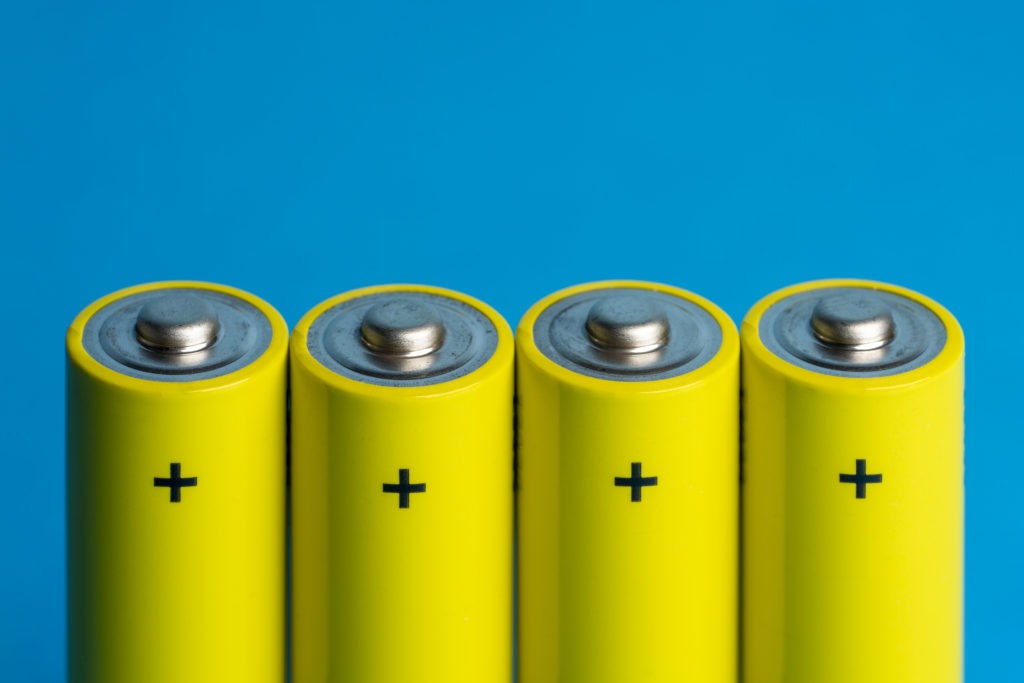Johnson Matthey sells ‘unviable’ EV-battery materials business
01 June 2022

Sustainable technology business Johnson Matthey has sold its Battery Materials unit to EV Metals Group (EVM). Insufficient returns on high investments have been signalled as the reason for the UK company to exit the market.
The sale allows EVM to become a vital supplier of high-purity chemicals and cathode active materials (CAM) to the fast-growing global electric-vehicle (EV) battery market. It gives the company control over upstream mining assets with key battery metals, midstream chemical processing, and now downstream production of CAM.
Cathode active materials determine efficiency, reliability, costs, durability and the size of lithium-ion batteries. EVM’s integrated supply chain gives the company a significant competitive global advantage and offers a secure on-shore supply of CAM to high-growth EV markets.
Insufficient returns on investment
The sale of the business, valued at £50 million (€58.7 million), will be completed in the summer. Once finalised, the company will hold a minority equity stake in EVM, together with a seat on the board.
‘Johnson Matthey made the decision to exit the Battery Materials business due to insufficient returns, increased commoditisation of battery materials combined with the need for very high capital investments to remain competitive,’ commented Liam Condon, chief executive of Johnson Matthey. ‘With EV Metals Group’s vision and capability to be a fully-integrated battery-chemicals business, I am very confident that they are the right owner for the Battery Materials business going forward.’
The sale includes Johnson Matthey’s assets at the Battery Technology Centre in Oxford, and the Battery Technology Centre and pilot plant in Billingham, UK. Assets transferred also include a research centre in Moosburg, Germany, and the partly constructed site in Konin, Poland. However, the company’s LFP facility in Canada will be acquired by Nano One, a clean technology innovator in battery materials
Mine to OEM
As the EV market grows, carmakers and EV-battery suppliers are rapidly increasing production. This prompts questions about the viability of battery-material supply chains. Sourcing materials from different suppliers could mean higher costs, as well as added risks, with one weak link having potential knock-on effects, risking production delays.
EVM’s purchase of the Johnson Matthey Battery Materials business means the company can now offer EV-battery manufacturers an integrated supply chain, with a ‘mine to OEM’ philosophy that the company says, ‘addresses the long-term market challenge of both surety of raw materials and the supply of processed materials.
‘With this transaction, EVM becomes ideally placed to engage with electric-vehicle and battery-cell manufacturers in a European market facing a significant deficit in key battery materials,’ the company added.
Johnson Matthey announced in November last year that it was looking to divest the Battery Materials business In January, sthe company gave an update stating that no interested parties had come forward, a it looked to close the business. EVM’s acquisition has, therefore, safeguarded around 430 jobs, a majority of which are based in the UK.
The company will continue to pursue advancements in sustainable materials and technology, including the development of green hydrogen production.


